Critical Incident Response
This is the phone number for a critical incident response only and goes direct to PeopleSense by Altius.
For Altius Group general enquires, please contact us or call us at 1800 258 487 during business hours.
If you would like to proceed with this call, please click on the button below.
Pain and pain management is complex. Employees with a strong understanding of pain experience more positive recovery, return to work and pre injury duties outcomes. Empowering employees with pain understanding can also benefit workplaces by minimising fear avoidance at work and contribute to a reduction in absenteeism.
We understand there are no short cuts with rehabilitation and that most injuries heal as well as they can in 3-6 months but it can’t replace the strength, fitness and flexibility lost during recovery – it is up to the individual to work on that through graded activity, an understanding of pain, a positive mindset and strategies to have better pain management.
Understanding pain can help employees:
- Worry less each time they experience pain
- Visit their doctor less frequently and take fewer days off work
- Focus less on pain and are less fearful of pain worsening
- Increase their activity promoting better long term health outcomes
Words such as degeneration, disc bulge and slipped disc can frighten and confuse employees facing rehabilitation. There is good evidence that pathological tendons and muscles can tolerate loads, especially when you gradually increase the loads on them. Our positive, empowering workshops promote the adage “the only way to get back to normal is by doing normal things”.
Our workshops cover:
- Understanding pain and the role deconditioning plays.
- The negative impacts of an over-reliance on passive coping strategies.
- The importance of activity despite pain.
- Common misconceptions around the neuroscience of pain.
- The difference between good and bad pain and the role external influences can have on the part of the brain that controls pain.
- Positive pain management strategies such as tailored activity programs as opposed to non-specific home exercise.
- Working through pain, pain focus and minimising fear avoidance.
- Awareness of manual handling techniques specific to a workplace.
- Relatable case studies with group activities to build understanding of pain management.




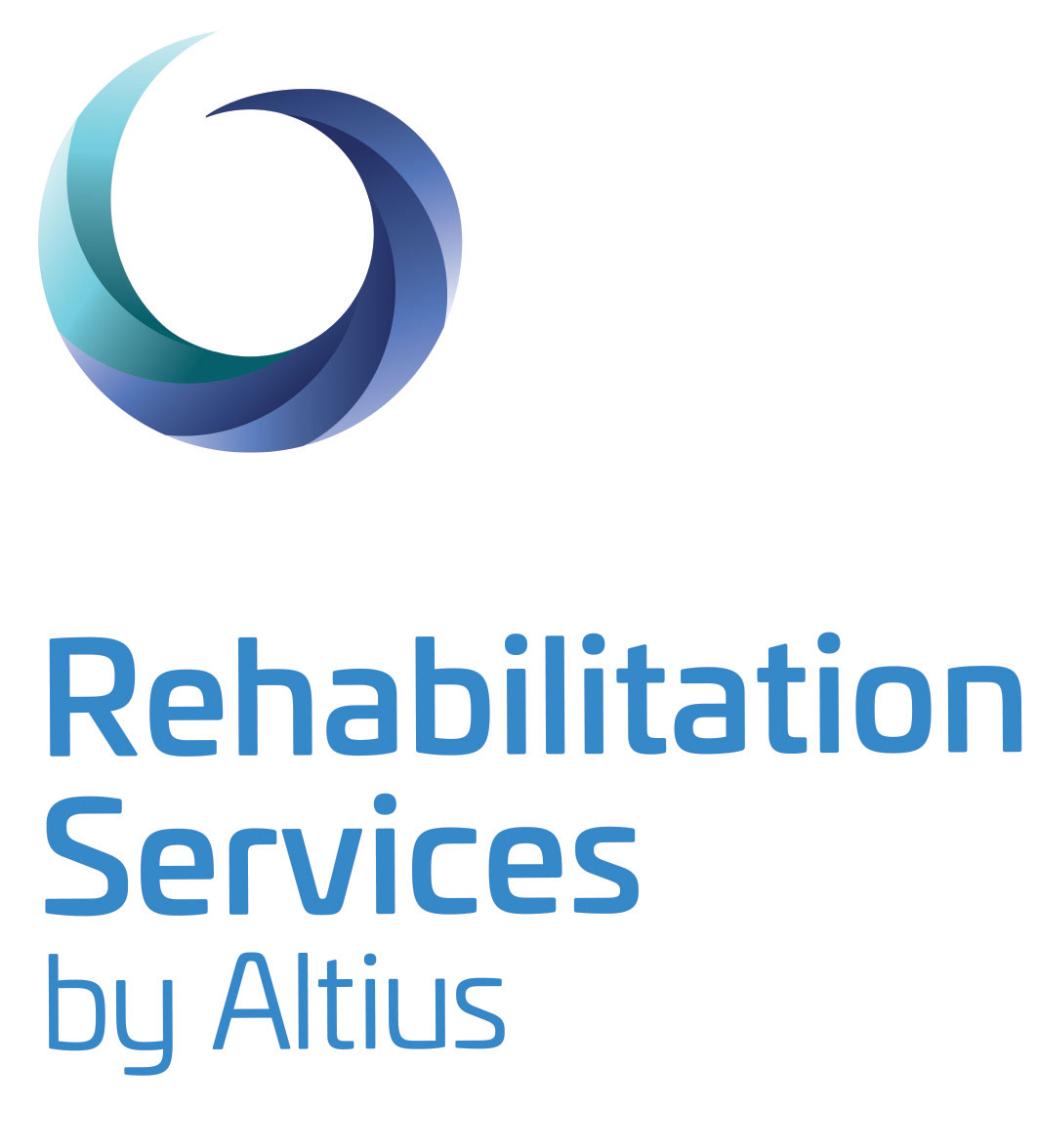
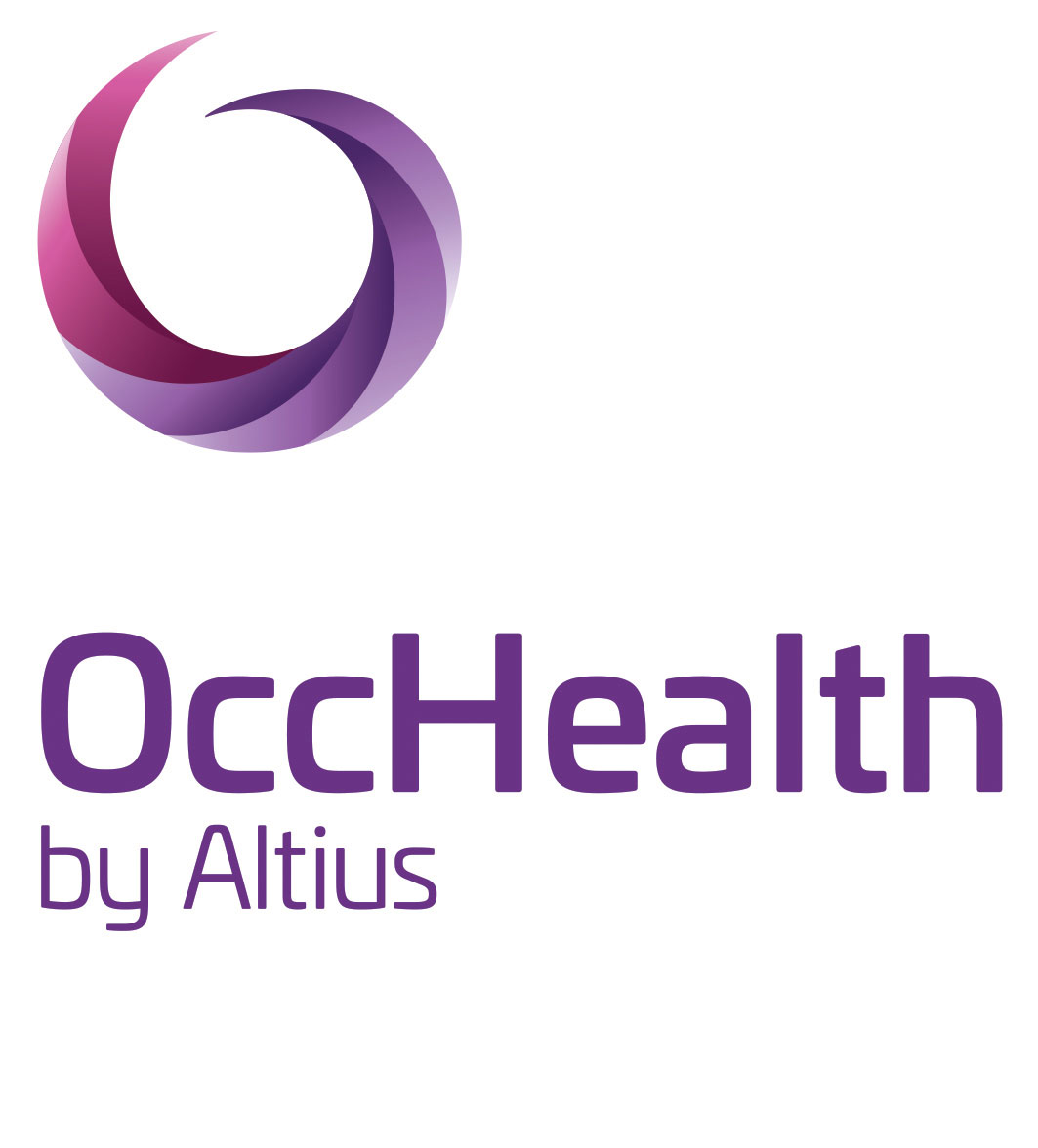
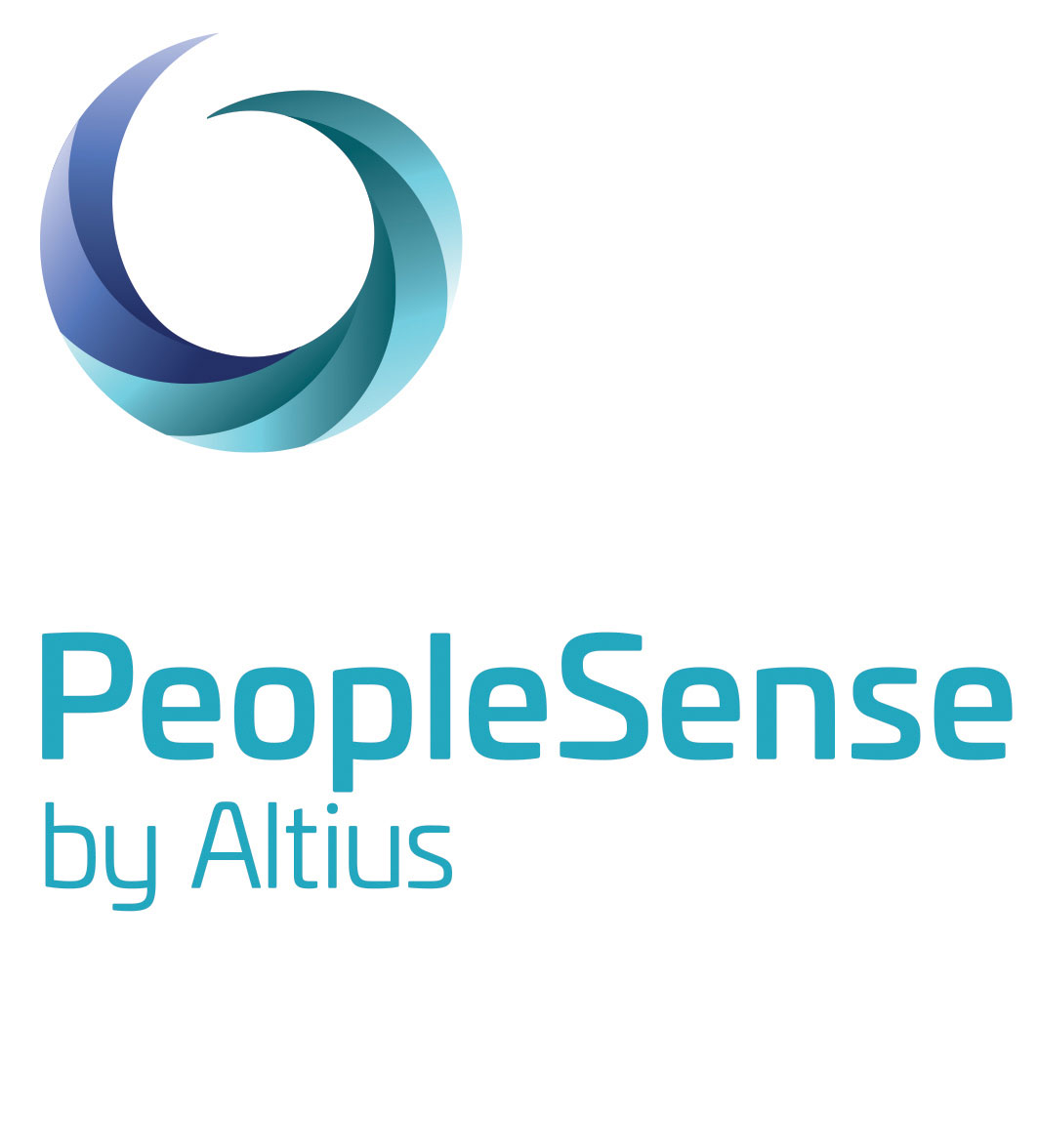
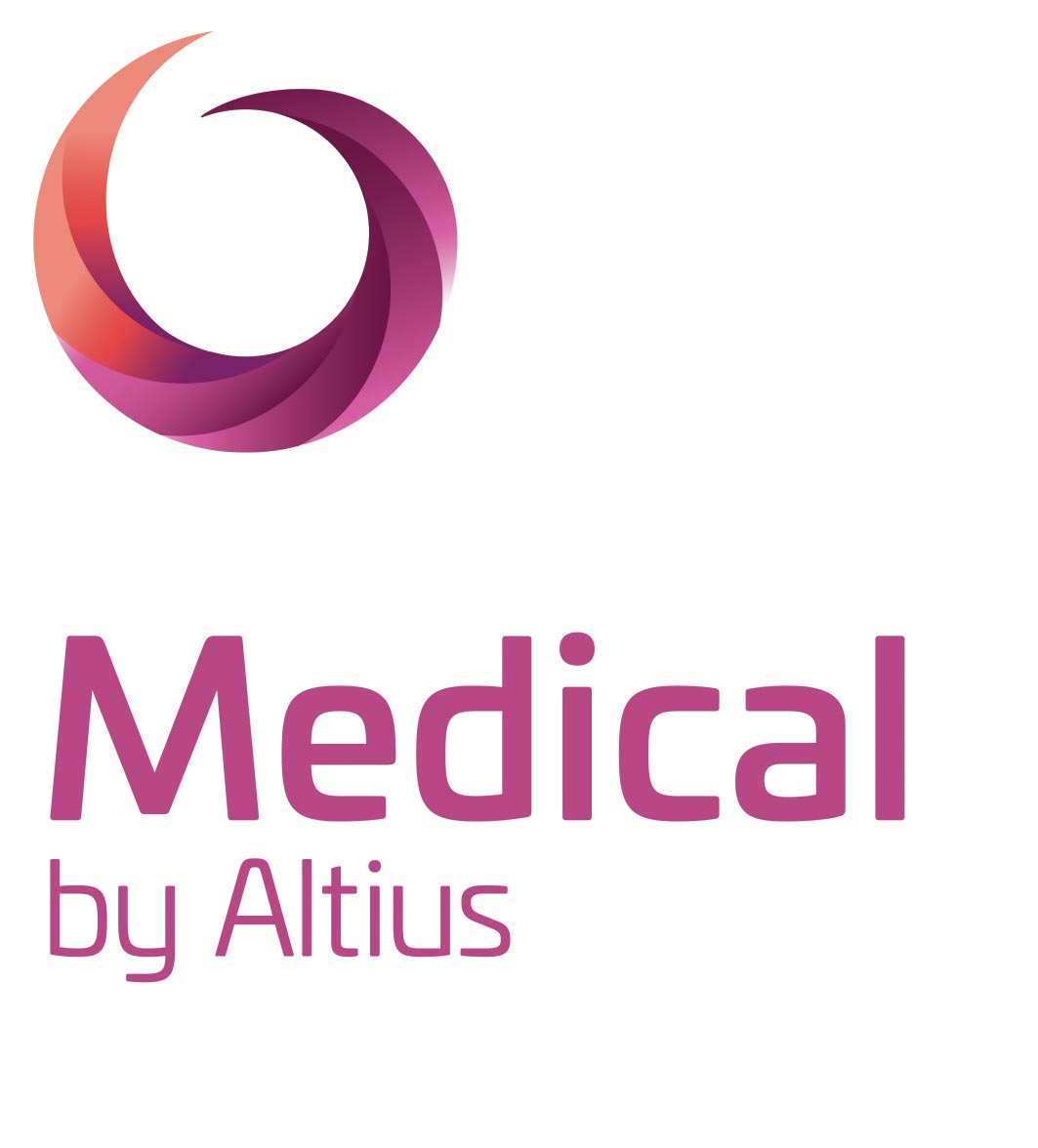
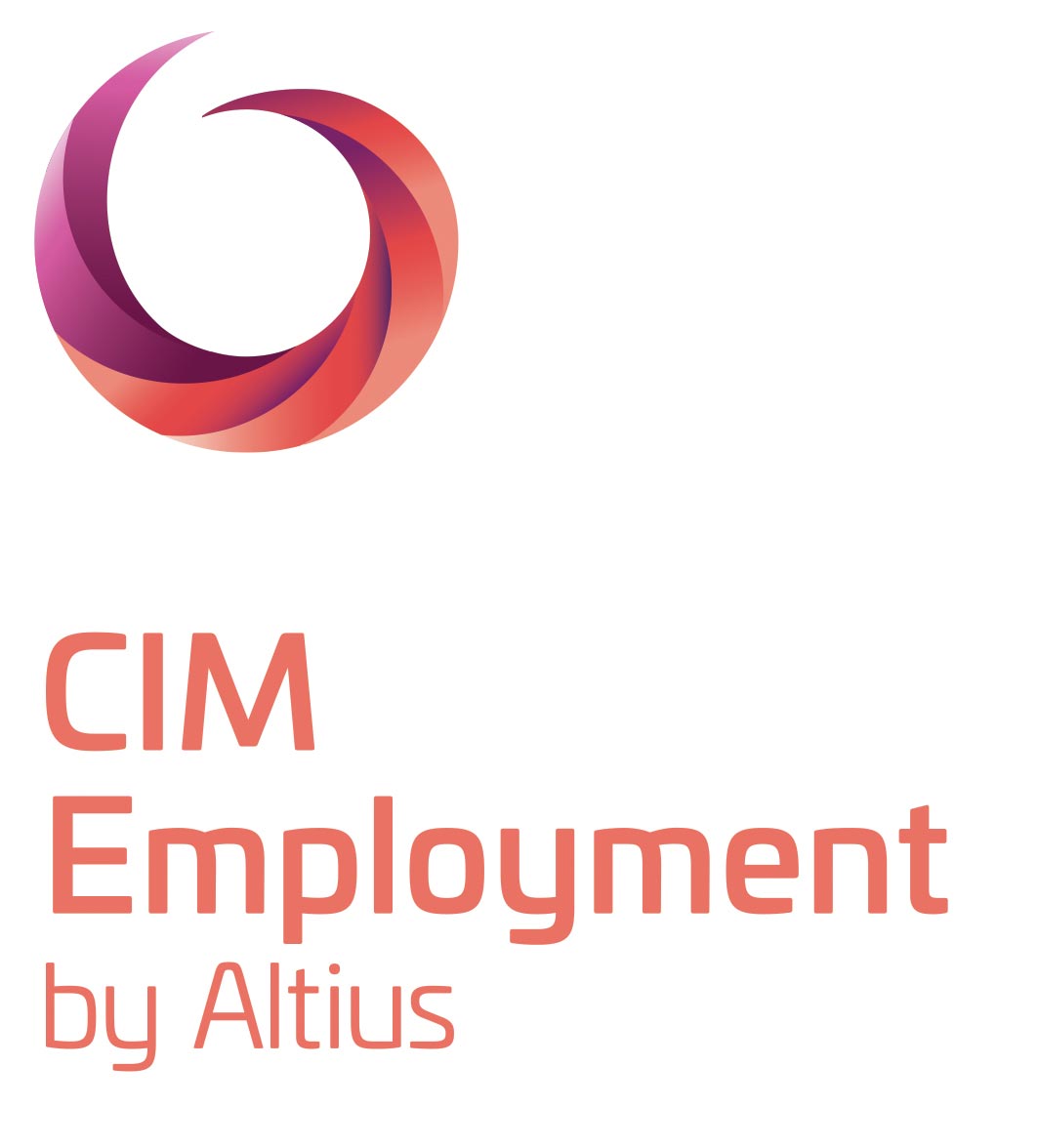


 Contact Us
Contact Us 1800 258 487
1800 258 487